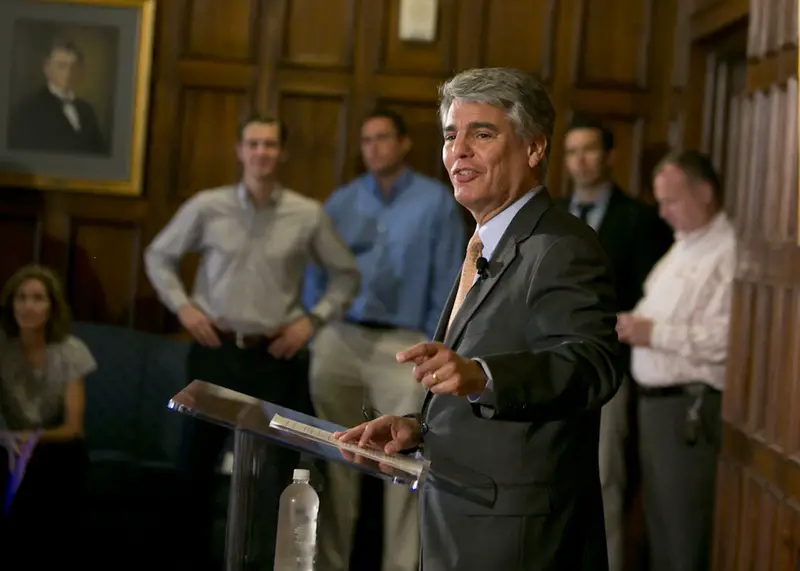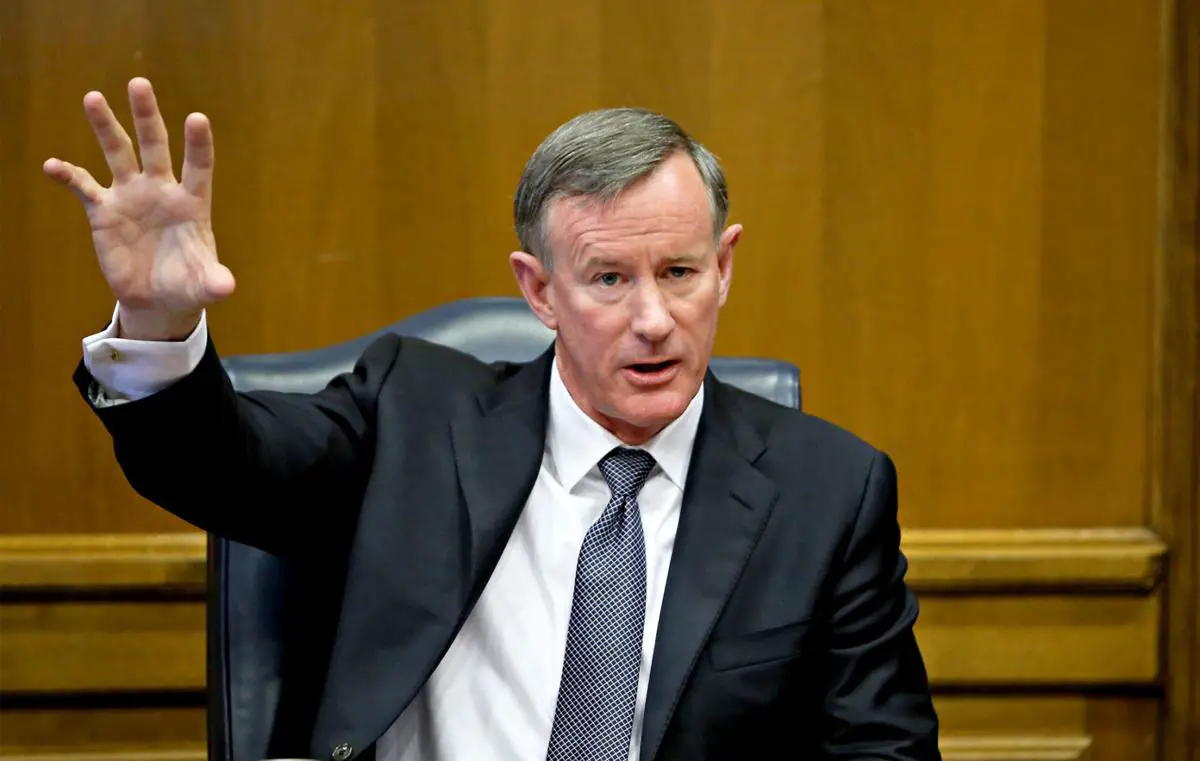During a University of Texas System board meeting on Tuesday, departing chancellor and former military commander William H. McRaven said the job of a college president was “the toughest job in the nation.”
McRaven, who announced his decision to leave the chancellorship in December after three years due to health issues, said he might have stayed had the System’s governing board wanted him to.
There are many reasons McRaven’s comment might have some credibility.
Senior editor Andy Thomason of The Chronicle of Higher Education published an article listing three key reasons why McRaven might be onto something: shortening tenure, money issues and rising tensions and issues on university campuses over the last few years.
The American Council on Education’s 2017 survey found that the average tenure for college presidents dropped two years in 2016 from the 8.5 years about 10 years ago. Jonathan S. Gagliardi referred to this shortened time as a sign that college presidents face a level of “volatility that may not have been previously present.”
On point with what Gagliardi said, the survey also asked what college presidents were worried and/or frustrated about and, for both public and private institutions, many cited a lack of financial resources.
Other issues included resistance to change among faculty members, pressure to think and reflect quickly and issues passed down from previous presidents.
In his article, Thomason also points out that the last few years have been fairly challenging for college presidents to deal with, specifically regarding a decrease in control about the image their university puts on.
This issues largely stems from advancing technology that makes it easier for students to share what happens on campus, which more often than not works against institutions these days. Cases can cast the college and/or college president in a bad light should they not respond the right way, if at all.
Political divisiveness also impacts the ease of the job, making it tough for presidents to come up with unbiased statements that make everyone happy.

The American Council for Education also published a study in April that found that about 70 percent of college presidents were concerned about tension among free speech and inclusion leading to violence. Approximately 39 percent expected the growing tension to spread across the country.
The issues and McRaven’s comments bring to mind the decision of the College of Idaho to break tradition and hire two co-presidents.
Doug Brigham, the former president of a title and escrow company and the College of Idaho’s former chair, and Jim Everett, the former CEO of the region’s YMCA, were both given the job for the liberal arts college.
Such a move by the College of Idaho indicates that the task of college president might be too much for one person to handle as of late.
Time will tell how the role of college presidents will fare in the coming years — and if the co-president idea is efficient and effective — as well as if any other individuals with step forward to affirm McRaven’s thoughts.
















